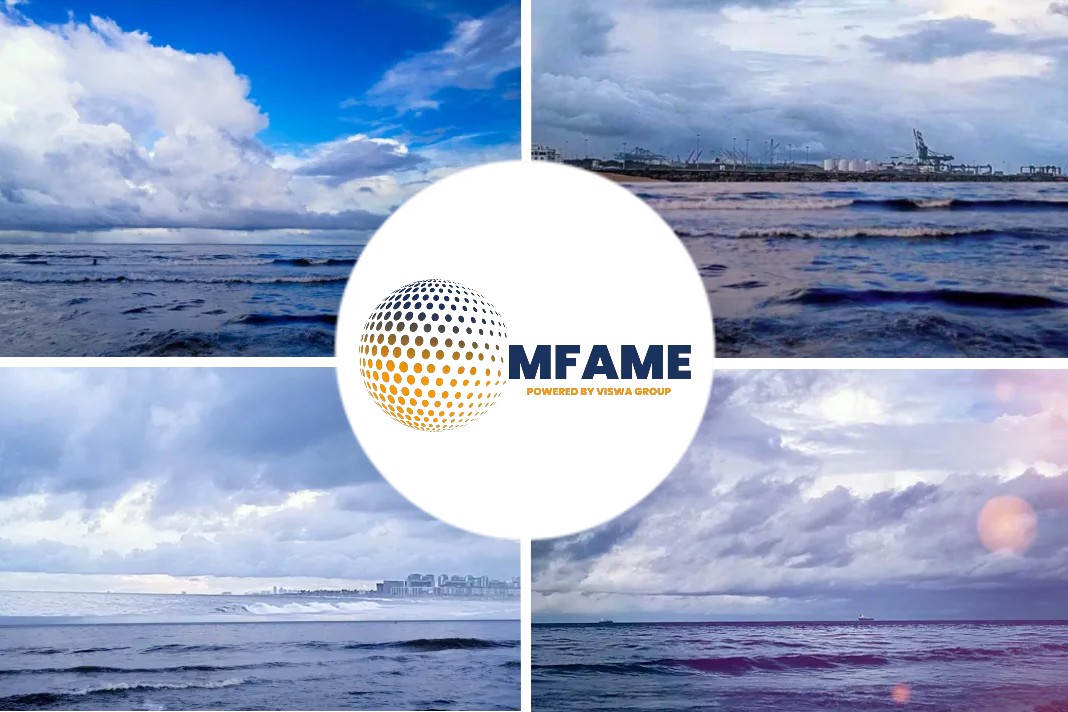The International Convention for the Control and Management of Ships’ Ballast Water and Sediments, adopted in 2004 (BWM), comes into force on 8 September, and aims to prevent the spread of harmful aquatic organisms from one region to another, establishing standards and procedures for the management and control of ballast water and sediments of ships.
Accordingly, all ships engaged in international maritime transport must carry out their ballast and sediment water management in accordance with the provisions of that Convention.
The Panama Maritime Authority (AMP), in the face of this challenge and with the entry into force of this Convention, has been developing activities with the purpose to prepare its technical staff, for which a specialized section has been created to evaluate the technical documentation that ships registered under the national flag must carry on board, as evidence of faithful compliance with the International Convention.
To facilitate its implementation, some guidelines have been developed, which contribute to the owners and operators, to apply in a responsible manner the content of this Convention in specific situations, for which purpose, Merchant Marine Circulars have been issued, with the intention that the maritime community in general be aware of the requirements that must be met for the approval of the ballast water management plans developed for each particular ship, as well as for the issuance of the corresponding international Ballast Water Management certificate.
As a result, the Panamanian Registry is the largest in comparison with the other registers, both in terms of registration numbers and gross registered tonnage (GRT), to this effect, giving importance to the Convention, the Panama Maritime Authority determined that the definitive certification and approval of the ballast water management plans will be carried out by the General Directorate of Merchant Marine in the Segumar Panama Department, considering the importance of the implementation of this Convention at the international level and compliance by the Panamanian merchant fleet, and it is therefore necessary to delegate to our Recognized Organizations some of the tasks necessary to control and comply with the Convention’s guidelines on board Panamanian flag vessels. Within these requirements it is possible to emphasize that the ships larger than 400 tons of gross registered tons, are object of inspections with the purpose of verifying the faithful fulfillment with the requirements of the Agreement.
For the above, we have developed a web platform, which allows the approval of these plans and the issuance of certificates, which makes this process more comfortable and interactive for our clients; platform that has been in use since last March, with the main objective that the Panamanian merchant fleet obtains its Approvals and Certificates in time for the date of entry into force of the Convention. With the implementation of this Convention, the Maritime Authority has taken the first steps towards the era of electronic navigation, these documents being the first electronic Certificates issued by the Panamanian Maritime Administration.
Currently, we have a special category of Circulars called “BWMC” available on the website www.segumar.com where our users can find updated information regarding the policy of the Panamanian Administration on the Convention for the Management of Ballast Water and Sediments of Ships.
Standards for ballast water management will be gradually introduced over a given period of time and as an interim solution, ships must exchange ballast water on the high seas. Most ships will need to install a ballast water treatment system on board.
Once the Convention has entered into force, all ships will be required to maintain a ballast water and sediment management plan, and the procedures described therein shall be implemented. In addition, all ships will have to carry a ballast water log book and must apply ballast water management procedures in accordance with the rules of the Convention. Existing ships will be required to be fitted with a ballast water treatment system, but after a phasing-in period.
Parties to the Convention have the option of taking additional measures in accordance with the criteria set out in the Convention and the IMO guidelines.
By means of Resolution ADM No. 138-2017 of August 16, 2017, published in the Official Gazette No. 28358-A of September 5, 2017, the Regulations of the International Convention for the Control and Management of Ballast Water and the Sediments of Ships, is approved, so the Panama Maritime Authority counts with a tool of importance, to deal with each of the circumstances, which according to our experience, we encounter as the first record of ships worldwide.
We have held meetings with some entities related to the environmental issue, port managers and port concessionaires, in order to inform them about the progress made in this respect by this administration in the implementation of this Convention, who were very grateful for all the provided information.
Did you subscribe for our daily newsletter?
It’s Free! Click here to Subscribe!
Source: The Bulletin Panama



















